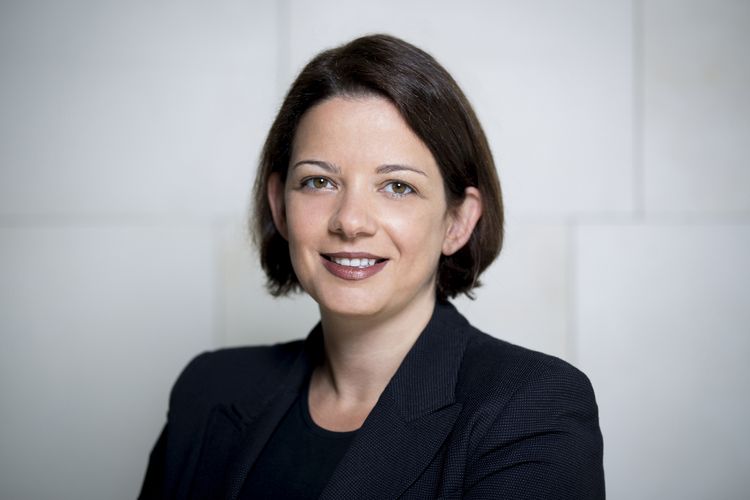The conference website provides information in Ukrainian, Russian, English and German about the content and aim of the virtual networking meeting, which will take place in English. “By facilitating personal exchange about specialist content in a wide range of disciplines, the aim is to offer fast and non-bureaucratic support, for example in the online supervision of theses that have already been started or help in securing research data in Ukraine,” explained Professor Carmen Bachmann, who holds the Chair of Business Taxation at the Faculty of Economics and Management Science at Leipzig University.
Twenty presentations have already been registered, despite the fact that the idea was born just a fortnight ago. The main topics from a wide range of disciplines include complex artificial intelligence, machine learning and architecture, psychology, medicine and biology. Registration is open until 15 April 2022 and is possible by visiting conference.chance-for-science.de or by sending an email.
“Since the beginning of the war, Ukrainian academics, students and scientists have been approaching me directly and asking for urgent assistance, some of which could be provided through simple networking, for example when it comes to securing research data or assisting master’s and PhD students who are in the crisis area and looking for contacts,” said Professor Bachmann. However, she has also received enquiries from refugees who are in Germany or European countries. In the beginning, Bachmann attempted to deal with each enquiry personally, by looking for colleagues who were experts in the relevant fields. This eventually gave rise to the idea of the conference, which Ukrainians have welcomed wholeheartedly.
Carmen Bachmann and her doctoral student Johannes Gebhardt are in charge of this project. They are applying the volunteer platform and network built during the Syrian refugee crisis to this new initiative. Chance for Science already attracted a great deal of international media attention at the time. The organisers are now being supported by local Ukrainians, who post information about the conference in numerous academic circles, as well as by the Rotary network.
The conference will provide an initial networking opportunity, from which further contacts can arise independently afterwards. In addition, networking via the existing platform is still possible online. The conference will also provide first-hand insights into what kind of support is helpful for affected colleagues. Once all speaker submissions have been reviewed and structured, the final agenda will be posted on the conference website.
































































